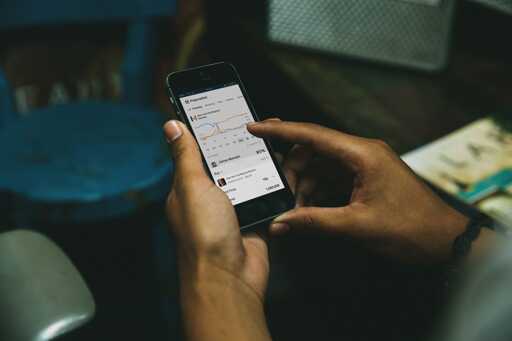When billionaire Bill Ackman suggested on Twitter that Eric Adams could “place a large [Polymarket] bet on Andrew Cuomo and then announce [his] withdrawal” from the New York City mayoral race, he described something that feels profoundly illegal. A politician profiting from non-public knowledge of their own withdrawal from an election surely crosses some line — insider trading? Market manipulation? Election interference? Illegal gambling? Ackman ended his tweet: “There is no insider trading on Polymarket” — not because it doesn’t happen, but because it won’t be charged. He’s right: the Securities and Exchange Commission’s insider trading rules don’t apply here. But that leaves the question: what rules, if any, do?
As Ackman says, prediction markets fall outside the SEC’s jurisdiction,a living in a different regulatory world than stock markets where executives get prosecuted for trading on non-public earnings or tipping off friends about upcoming mergers. Unlike crypto’s ongoing turf wars between regulators, prediction markets have a clear home: the Commodity Futures Trading Commission, which oversees futures, swaps, and other derivatives trading. A farmer worried about a poor wheat harvest can buy futures contracts that rise in value if wheat prices increase, helping to offset the money lost from selling less grain. An airline can buy oil-based futures contracts to offset the risk of jet fuel costs rising, effectively letting them budget fuel at today’s prices even if market rates climb before delivery. Some derivatives markets more closely resemble prediction markets, dealing in events rather than commodities — for instance, ski resorts can hedge against poor snowfall by trading weather-based contracts.
While farmers hedging wheat prices serves a clear economic purpose, prediction markets operate in murkier territory. When people trade on sports games or celebrity relationships, are they engaging in legitimate derivatives trading deserving the same regulatory treatment? Or are platforms like Kalshi and Polymarket essentially gambling sites operating under the veneer of financial markets? And with participants potentially losing big money to better-informed insiders, who’s ensuring these markets stay fair? What happens when prediction markets collide with other issues — from market manipulation to gambling addiction to election integrity?
@alyaza I always wondered whether the betting industry could be used to influence elections once it becomes more popular…



